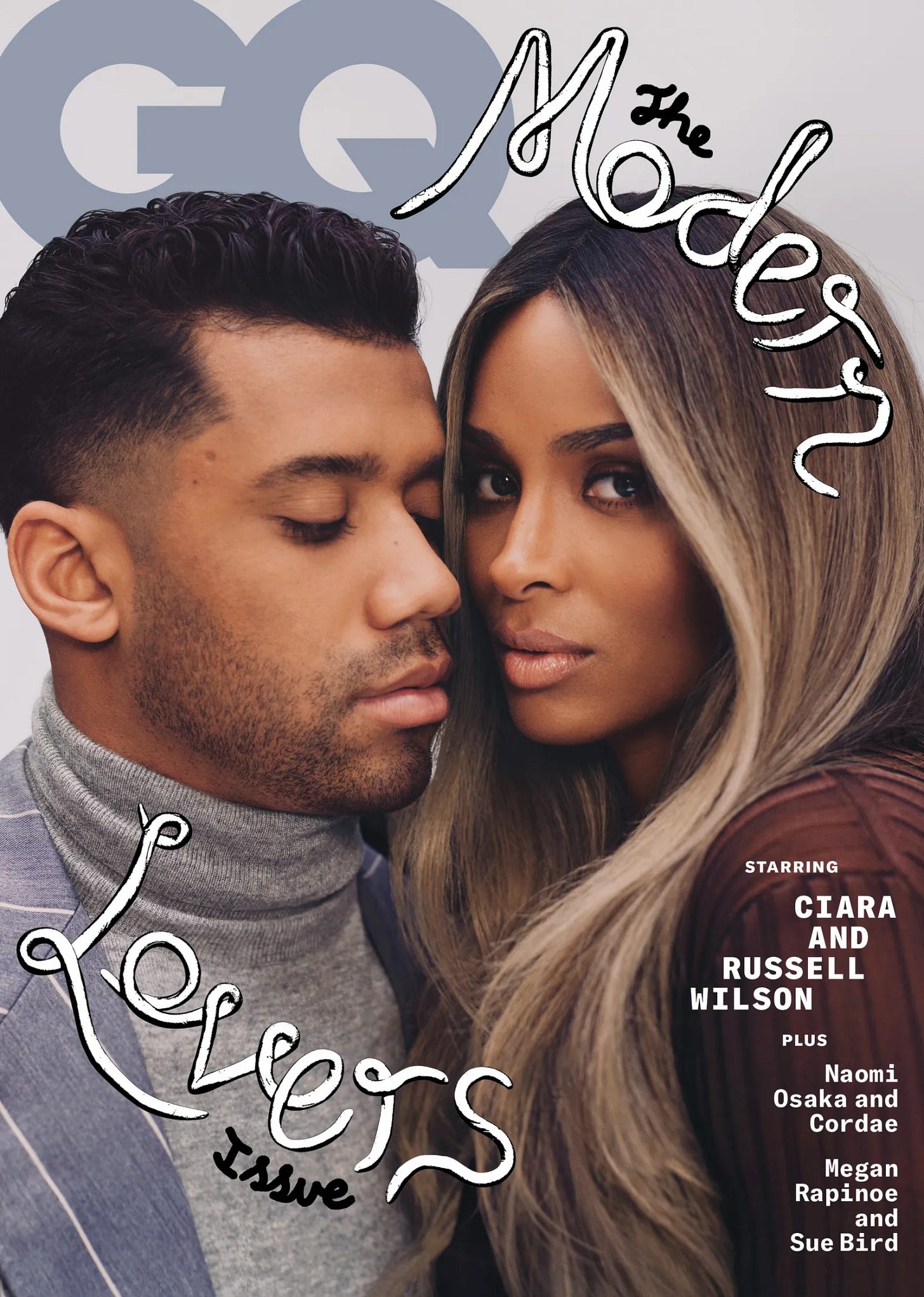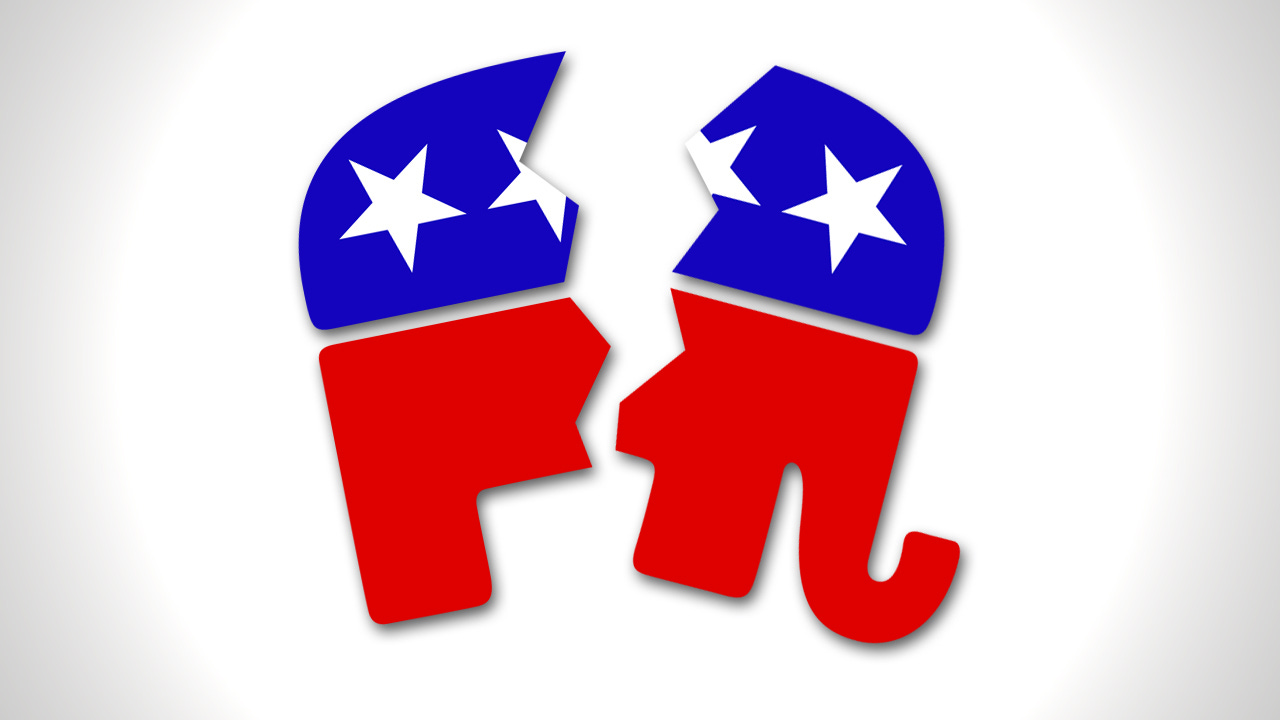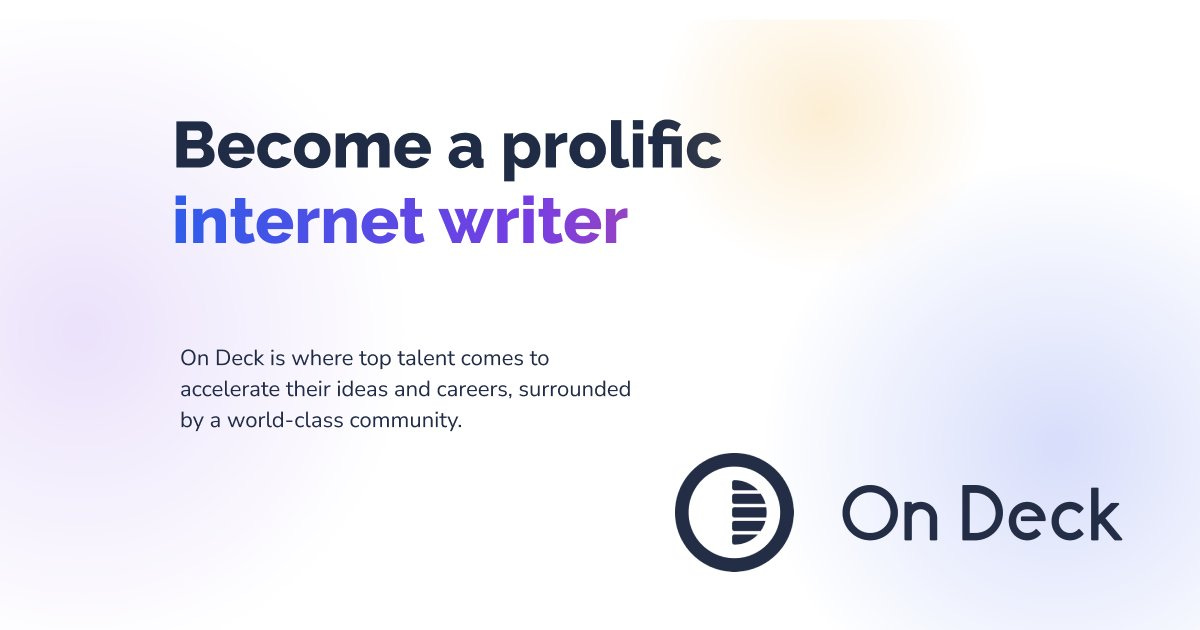Ask Michael: How can I better understand the news of the day?
Plus: A new book for chicken lovers, an unexpected reason you may miss working from the office and the coolest take on the shirt-jacket trend I’ve seen.
Ask Michael is The Supercreator’s weekly Q&A dedicated to minimizing the guesswork, overwhelm and frustration from your creative life. This week’s reader-submitted question: “What are some basic best practices for checking biases, verifying what I read and feeling like I’m set up to understand the news of the day?”
Last year I wrote about an interview comedian Jaboukie Young-White gave in which he explained why he often changed his Twitter avatar and display name to impersonate a famous person or company — an act that often resulted in Young-White being suspended from the app. “So the reason why I liked making all those fake tweets was because this country has no media literacy. People are just inclined to believe whatever they see online. And a lot of those tweets were so farfetched, but people wanted them to be true so bad,” he said. “They liked it and didn’t look twice at it. I feel like I’ve succeeded a little bit. I just wanted more people to look at every tweet like, Is this real or am I getting got right now? Because that sort of is what we need to approach it with.”
The first step to increasing your media literacy and understanding the news is to remember that all media share one thing in common: Someone created it. And it was created for a reason. You’ll also want to know the business model that finances the news you’re consuming. Advertising requires news organizations to trade attention for dollars. And this media is usually packaged and presented to be shocking, outrageous or offensive to generate high engagement. As a result, reporters and editors are discouraged from going beyond the headlines and soundbites to provide the context required for you to really know what’s happening in your communities or government. And while I’m obviously partial to it, subscription media has its limits too. It’s important to follow the money for insight into what motivates the journalists who produce your news.
It’s also helpful to identify any blind spots or hidden beliefs that could impact how you interpret the news. Life coach and author Martha Beck argues that blind spots occur when we "perceive information while automatically refusing to allow it into consciousness.” There’s more: “We only ‘go blind’ to information that is so troubling, so frightening or so opposed to what we believe that to absorb it would shatter our view of ourselves in the world.” Our personal experiences serve as a de-facto editor that filters the news in a way that gives it a charge even when the information itself is neutral. But when we become fully conscious of our perceptions, we can absorb truth — and challenge inconsistencies! — from sources in good faith.
If you’re politically inclined, a meaningful action you can take to increase media literacy for future generations is to lobby your elected officials for investments in civic education over Common Core and tested curriculum. According to a June 2020 brief by Rebecca Winthrop, senior fellow and co-director of the Center of Universal Education at the Brookings Institution, “schools can and should play an important role in catalyzing increased civic engagement” and “civic learning needs to be part and parcel of the current movement across many schools in America to equip young people with 21st-century skills.” Winthrop cited research from a 2016 survey led by Annenberg Public Policy Center, which found that one in four Americans are unable to name the three branches of government. And according to the Pew Research Center, only 17 percent trusted the government in Washington to do the right thing as of March 2019. Limited civic knowledge and widespread distrust of our fundamental institutions is fertile soil for misinformation and harmful content to fester and endangers those you love of being gaslit to devastating effects. (The Edelman Trust Barometer’s latest survey calls this an “environment of information bankruptcy.”)
Finally, it’s worth it to create a healthy media diet. Bias your news consumption towards sources that show their work and are accountable to a common set of ethical guidelines. (You can read The Supercreator’s ethics statement here.) The News Literacy Project, a national nonprofit education organization, recommends that before we share a post from a social app, we pause for 30 seconds to consider its source, its purpose and verify with a web search to make sure it’s from a credible, standards-based organization. (If that feels too intense, consider a 2018 study from the Massachusetts Institute of Technology which found that it takes true stories about six times as long to reach 1,500 people as it does for false stories to reach the same number of people on Twitter.) Be skeptical (not easily convinced and hard to persuade) but not cynical (believing the worst of people and distrustful of human sincerity or integrity. And recognize that the story everyone is talking about often isn’t always the most consequential story of the day.
What I Wrote This Week
I guess what I’m saying is that it’s not Democrats’ responsibility to fix the Republican Party. It’s their job to point out the GOP’s harmful contrasts and explain how progressive policies improve the lives of as many Americans as possible and secure the votes through existing coalitions or future elections to pass them as law. In fact, despite being deeply moved by the recounting of the insurrection from Reps. Rashida Tlaib and Alexandria Ocasio-Cortez’s and House Majority Leader Steny Hoyer’s defense of his colleagues, I actually agree with Wyoming Rep. Liz Cheney, the third-highest-ranking Republican in the House on what could be interpreted as Democratic overreach regarding Green’s assignments. “It is our responsibility as Republicans to address these issues inside our own conference,” Cheney said: “Speaker Pelosi and the Democrat majority have no business determining which Republicans sit on committees. The vote [to remove Greene] sets a dangerous precedent for this institution that Democrats may regret when Republicans regain the majority.” Let’s hope not only that she’s wrong but it will be a long while before we have to find out.
The fact that Kessler’s worldview requires someone to be exceptional for a living wage, access to quality affordable health care or receive relief during a generational public health crisis that was exacerbated by the previous administration’s ineptitude says more about him than those who would do well from these benefits. He wrote about the American exceptionalism and innovation that brings “the rest of us life-enhancing devices and services” due to a culture that “drive[s] and demand[s] excellence” and “market[s] that reward it.” But Kessler’s contempt for the kind of economic recalibration that would neutralize the unnecessary hurdles that preoccupy overlooked and underserved creators suggests wealthy or well-connected white men are the only ones entitled to the opportunities that innovation enables.
A few of my creator-friends and I were skeptical that brands with Sephora’s scale would rise up to meet this cultural moment. “If big brands say they really care about our culture and what we contribute, then they have to start showing up something more than, ‘Oh, it’s Black History Month so we put up a little pop-up basketball situation in your neighborhood,” Melissa Kimble, founder of #blkcreatives said in a conversation with me last April. And we’ve all seen how brands are quick to immerse themselves in Black culture without contributing to the economic sustainability of Black creators. But this iteration of Accelerate is the new gold standard for consumer brands because it gives brands the widespread distribution they need to grow while enabling founders to learn the foundational skills and nurture the meaningful connections that are required for sustainable creative work.
Thoughts and Things

Russell Wilson and Ciara’s love story is so many buckets of beautiful.
I’m always on the hunt for new recipes, but this 544-page self-proclaimed “chicken bible” is destined to be equal parts time-saver and an inspiration source.
Your office’s “secret informal” geography may be why you hate working from home.
If PopSockets are still a thing, then add this one from the Black-history-themed Poptivism line to your collection (and do some good in the process — 50 percent of all sales go to Teen Tech Centers.)
Pandemic hobbies have helped us find ourselves within ourselves during these unprecedented times.
I love this “shacket” so much, I want it in both colors. 😍
Endorsements
My writing practice is off to the best start ever — and it’s in large part due to the support and connection I’ve received as an On Deck Writer Fellow. (I’m an alum of the inaugural cohort!) Applications for the third cohort, which kicks off on April 17 are now open. And if you’re a writer who wants to hone your craft, grow your audience and level-up your professional relationships then ODW is worth a look. And since my friends at On Deck are so cool, they’re offering friends of alums $100 for their ODW Fellowship if accepted to the program. You can apply to ODW or learn more about the other incredible fellowships On Deck offers here.
From The Archive

“White America gives grace to everyone but Black people” (published 9/29/20):
During an appearance on Fox News on Tuesday to discuss Donald T****’s impeachment trial, Utah Republican Senator Mike Lee said, “Look, everyone makes mistakes, everyone is entitled to a mulligan once in a while. And I would hope — I would expect that each of those individuals would take a mulligan on each of those statements.” (Per The New York Times, a mulligan is an informal practice in golf that allows an opponent to take a second shot after an errant first swing without incurring any penalty on the official scorecard.) “Our nation’s Capitol Building was desecrated. Senator this is not a damn golf game,” Jaime Harrison, the new Democratic National Committee chairman, said in response.
Lee’s pitiful comments got me thinking about the “himpathy” our culture offers problematic men and how white people love to infantilize men like T**** or Kyle Rittenhouse, the 17-year-old thug who, in the aftermath of the Jacob Blake police shooting, crossed state lines with an AR-15 rifle and shot three protesters, of whom two died whom former Florida attorney general Pam Bondi called just “a little boy out there trying to protect his community.”
I was around the same age, give or take a year, as Kyle Rittenhouse is now when I experienced my first encounter with the police, which ended up with me and three of my friends handcuffed at a carnival for no reason other than apparently we looked suspicious. “I still don’t know what they think we did. We never got an explanation. We didn’t even ask for one. I begged my parents not to pursue it any further. I was just grateful to be alive,” I wrote earlier this summer. “What that encounter taught me is that cops were adversaries to be avoided at all costs.” That’s what it means to be Black in America today: Just grateful to be alive. The worst part of this story is that if my teenage self were to be placed next to Rittenhouse, most white people would view me as the threat. The same can probably be said for my sweet nephew who just turned 15 and used to plead with me not to kill the bugs we’d find while playing in the backyard. “I want them to live too," he’d tell me, unknowing that white people uphold a system that feels the opposite about him.
One More Thing
Welcome to a day in the life of a recovering perfectionist.








